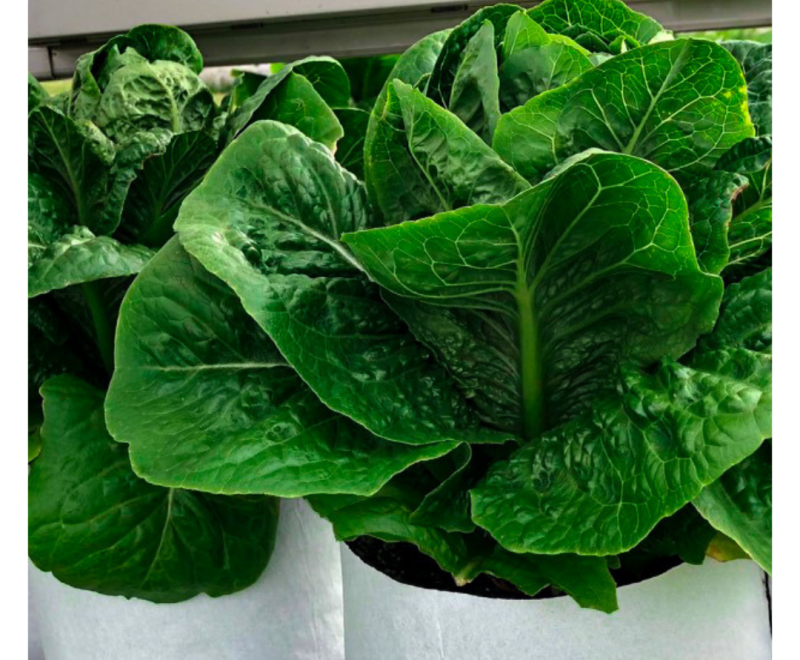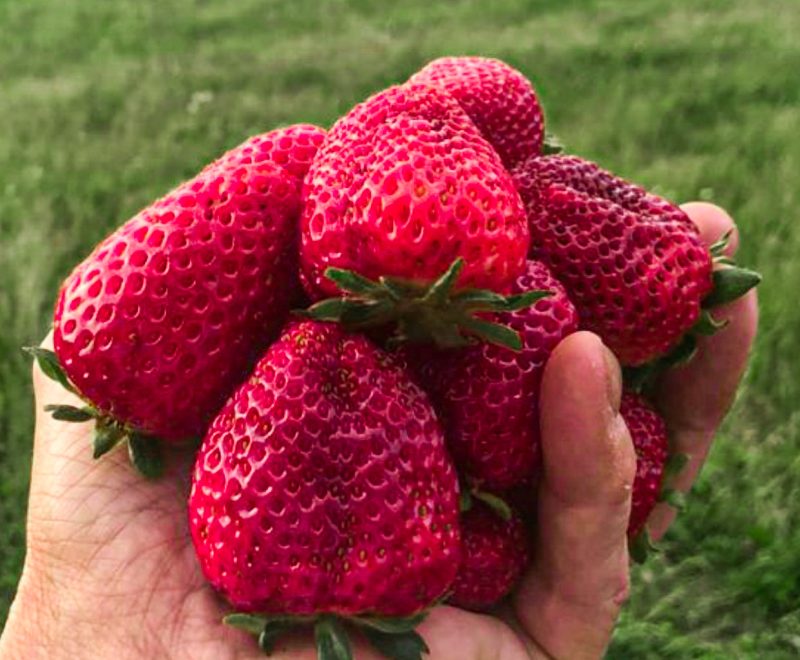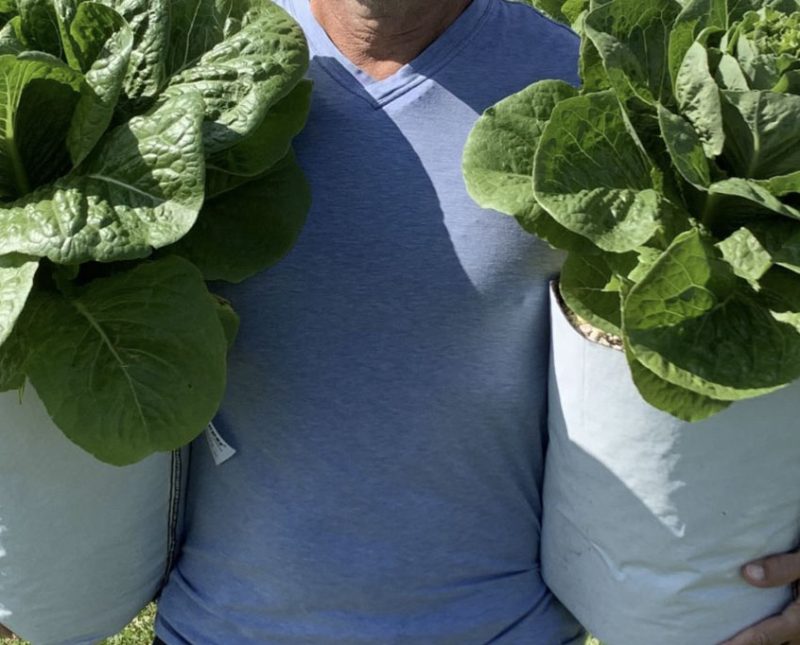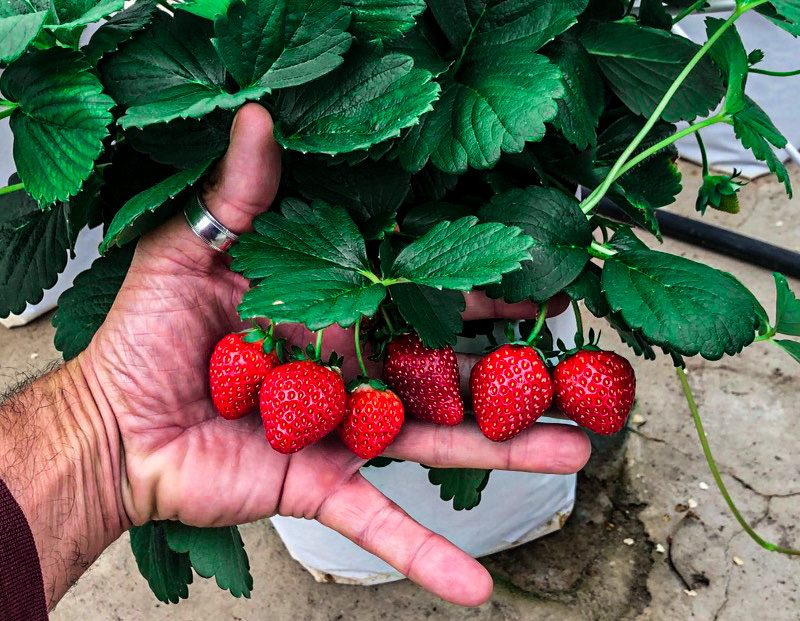Our Technology
Affinor designed and developed the vertical farming tower for soil-based growing for strawberry production. The rotating towers are responsive to the cycle of natural changes of light, the only one of its kind to be designed and built with this capability. Rotation also enables mechanical pollination.
The Affinor vertical farming systems are designed to produce a consistent product that is significantly superior in quality, smell, texture, and appearance, and is delivered to the shelf untainted by any form of chemical, pollutant, hormones, gamma radiation or pesticides.
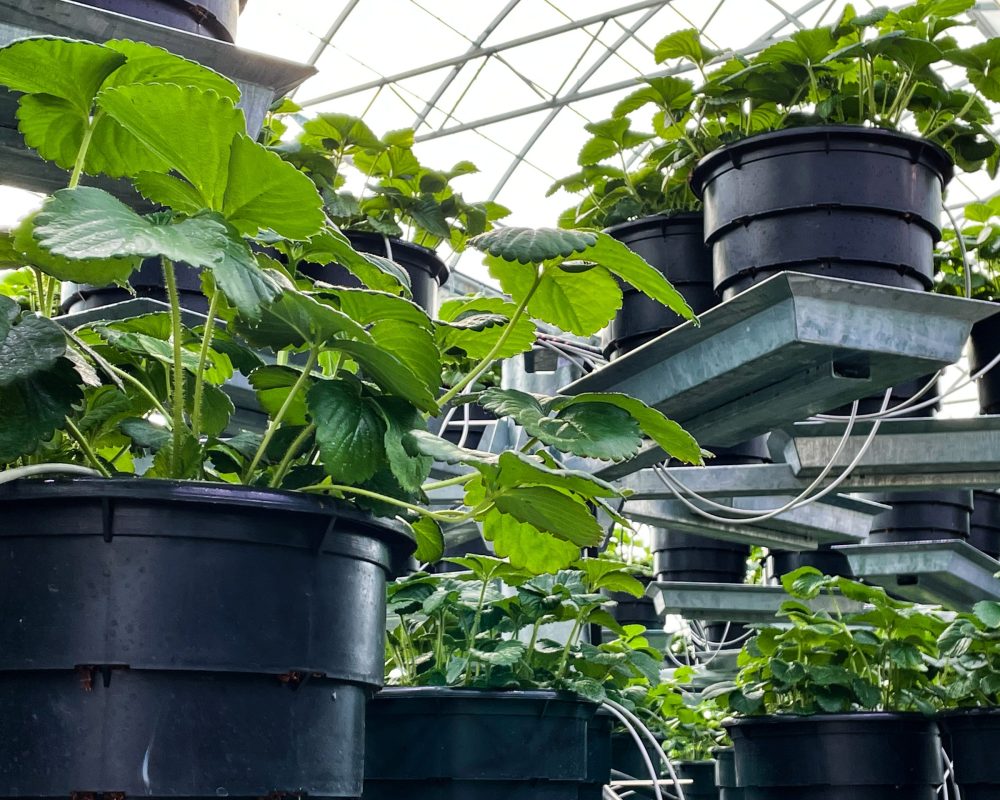
The rotating towers have been specifically designed to increase plant density and overall production within a greenhouse, an indoor growing operation and outdoors. By utilizing vertical space not typically used, Affinor’s technology can triple yield, depending on vertical height. All plants can be grown in their natural medium, soil, without the use of chemicals or pesticides. The design of the towers allows for crop versatility ranging from strawberries, whole head lettuce, kale and spinach.
The strawberry towers use specially designed trays connected to an automated watering system. The rotation is critical for ease of harvest and mechanical pollination.
The rotating towers for lettuce line production have been in use by Affinor both inside its greenhouses and outdoors since 2017.
AGRITECH GROWTH
An improvement to the Agricultural Land Reserve (ALR) Use Regulation was announced February 19, 2022 as part of the StrongerBC Economic Plan that sets out to make British Columbia a global player in the agritech marketplace.
“Making B.C.’s food system more sustainable and resilient helps build a stronger economy and prosperous farming communities,” said Lana Popham, Minister of Agriculture, Food and Fisheries. “When the pandemic and recent climate change-related floods disrupted supply chains, British Columbians were reminded of the incredible bounty in our own back yard. Opening opportunities for more vertical farms and innovative agritech practices in partnership with existing traditional farms helps solve our overall food security and food economy puzzle.”
The regulation allows for more intensive farming, known as vertical farming, where crops are grown in vertically stacked layers, maximizing space and reducing energy costs and greenhouse gas emissions. While vertical farming can be placed anywhere, this opens the door to additional opportunities on ALR land for farmers and farm businesses to produce more food for British Columbians.
The ALR is designed to ensure food security and these changes allow it to be used in a practical way to increase local food supply. For example, vertical farming and other controlled environment structures can also make smaller pieces of land that are currently fallow more viable to grow on.
“A key pillar of our StrongerBC Economic Plan is centred around fostering innovation to grow the economy, while tackling climate change,” said Ravi Kahlon, Minister of Jobs, Economic Recovery and Innovation. “By opening up new opportunities for agritech companies to operate in B.C., we are positioning our province to be a world leader in finding innovative solutions to food security problems.”
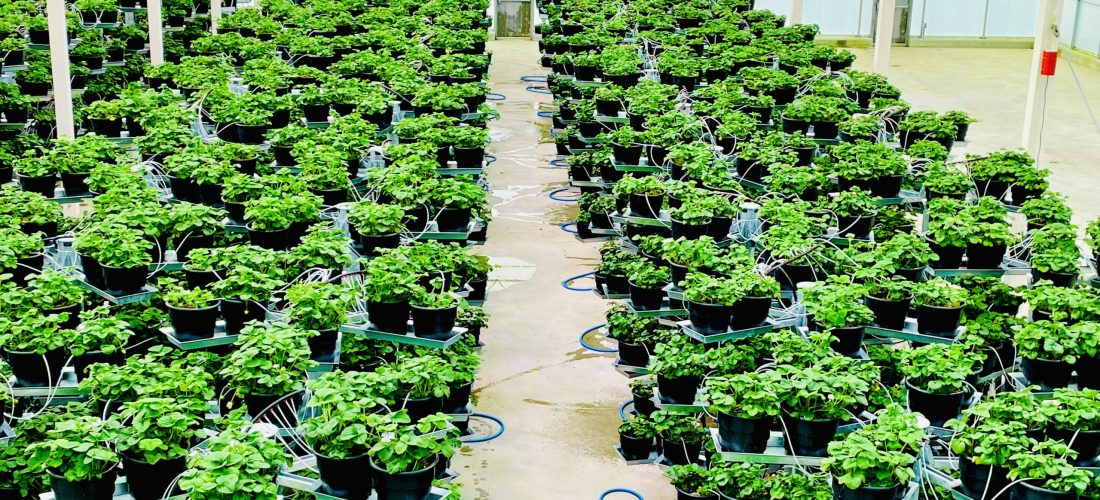
The regulation is an important step toward making B.C. a leader in using technology and innovation in agriculture to reduce emissions, create new opportunities and ensure a secure and sustainable food supply for British Columbians. In the coming months, the Province will also launch a new agritech centre of excellence to help companies grow and scale up, providing more high-quality, high-tech jobs for British Columbians.
“As the agriculture capital of B.C., we know in the City of Abbotsford just how important this industry and agritech is to our economy, community and food security in the province,” said Henry Braun, mayor of Abbotsford. “Changes to the ALR regulation brings much-needed certainty and predictability for organizations to invest in and grow agritech in our community.”
Agritech operations use technology and innovation, such as robotics for harvesting or controlled indoor growing systems, to produce more sustainable food, while using fewer resources. Agritech farming contributes to a more resilient food system with increased product density and shorter growing times with the potential to increase crop yields, product quality and food security.
B.C. has an agritech land strategy that builds on recommendations made in 2019 by the Food Security Task Force to review land-use planning policies and regulations to ensure B.C.’s agritech sector has a place to grow. The Government of B.C. is launching a Regenerative Agriculture and Agritech Network that will help farmers adopt the latest technology to increase profitability and environmental sustainability, while strengthening the provincial food system. Positioning B.C. as an agritech leader while ensuring provincial food security and protecting farmland is a priority.
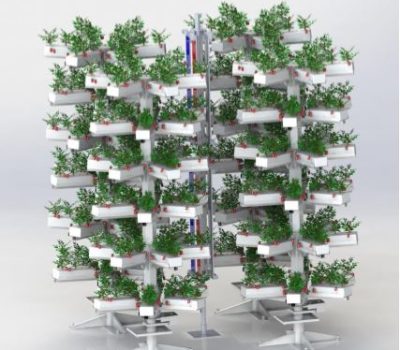
Patents
Affinor holds three patents for vertical farming technology:
1) Rotating towers in Canada, US Patent 61/942500, Aruba, and Colombia.
2) Affinor holds a patent for the Hydro tower in Canada, and in the US. US Patent # 186505.
3) An unused patent for a vertical farming racking system, for future R & D, US Patent # 61/592338.
Pictures From Past Research
